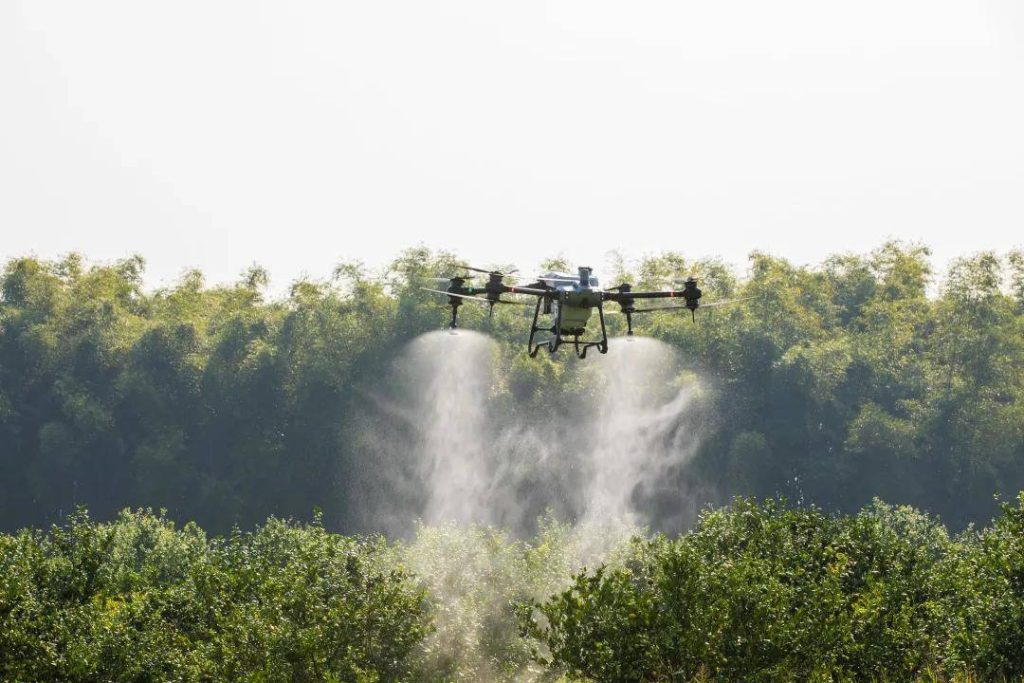Crop protection is a critical aspect of modern agriculture, and agricultural unmanned aerial vehicles (UAVs), commonly known as drones, are playing a pivotal role in this domain. In this article, we will explore how agricultural drones are transforming crop protection practices and helping farmers achieve healthier and more productive crops.
Agricultural drones come equipped with advanced sensors and imaging technologies that can detect and monitor various crop issues, including diseases, pests, and nutrient deficiencies. These drones are designed to cover large areas of farmland quickly and efficiently, making them ideal tools for crop protection.
One of the significant advantages of using drones for crop protection is the ability to identify issues early in the growing season. Drones can capture high-resolution images and multispectral data, allowing farmers to detect diseases, pests, or nutrient imbalances before they become visually apparent. This early detection empowers farmers to take proactive measures, such as targeted treatments or adjustments to irrigation and fertilization, to protect their crops.
In addition to early detection, agricultural drones offer precision in pesticide application. Drones can carry sprayers that can precisely target affected areas, minimizing chemical usage and reducing the environmental impact. This targeted approach minimizes the exposure of non-target organisms to pesticides and mitigates the risk of chemical runoff into water bodies.
Moreover, the ability of drones to cover large areas rapidly ensures comprehensive monitoring of fields, even in hard-to-reach or remote locations. This comprehensive surveillance helps farmers understand the extent and severity of crop issues, allowing them to allocate resources effectively and manage their crops with precision.
Agricultural drones also play a vital role in reducing operational costs in crop protection. By providing real-time data and insights, they enable farmers to make data-driven decisions, reducing the need for routine, costly manual inspections and treatments.
In conclusion, agricultural drones are revolutionizing crop protection in agriculture by offering early detection, precision application of treatments, comprehensive surveillance, and cost savings. As technology continues to advance, these drones are expected to become even more essential tools in safeguarding crop health and increasing agricultural sustainability.







Please sign in to comment
register